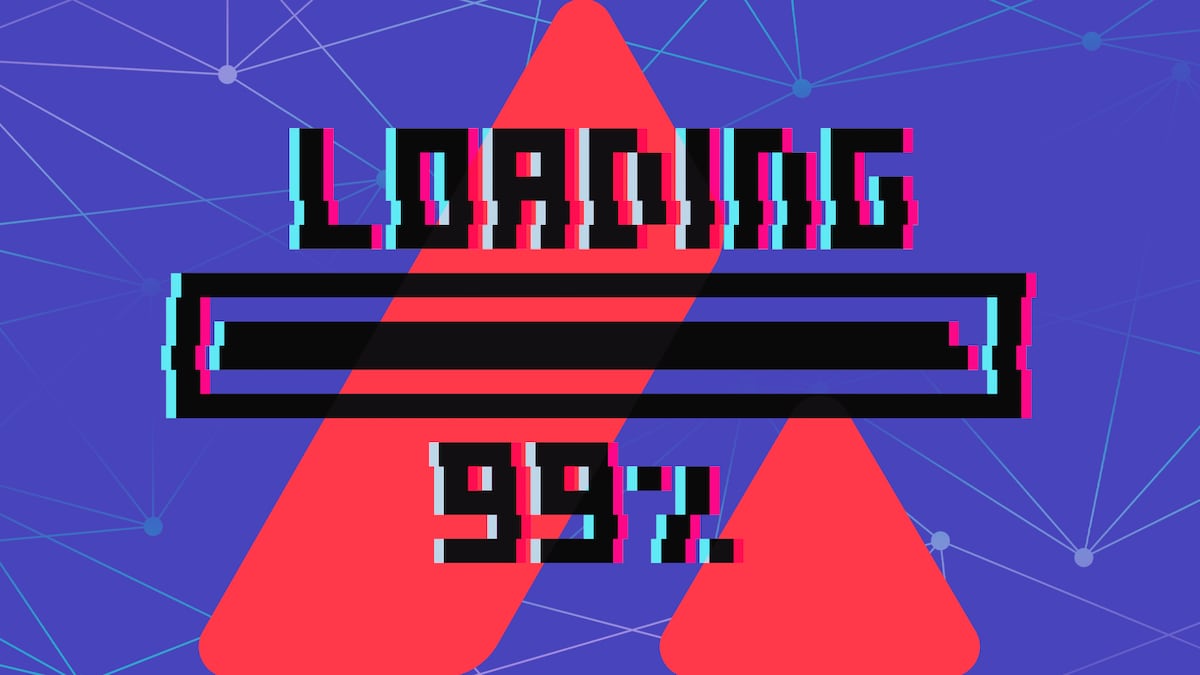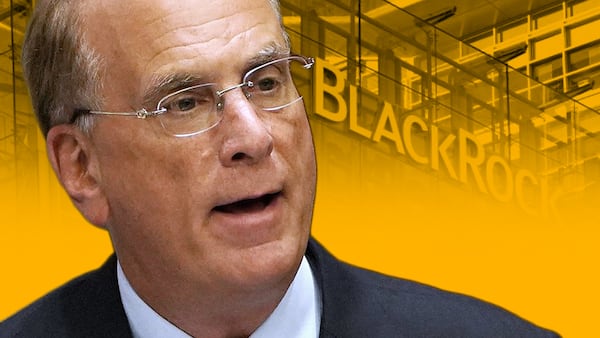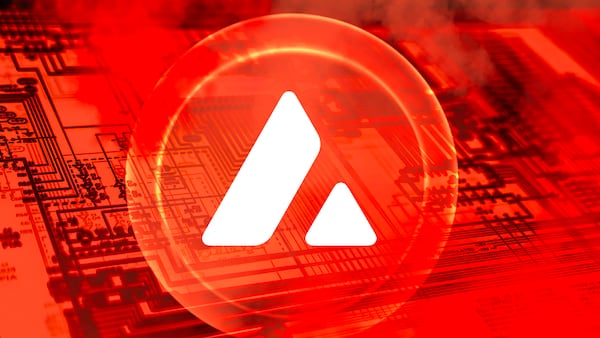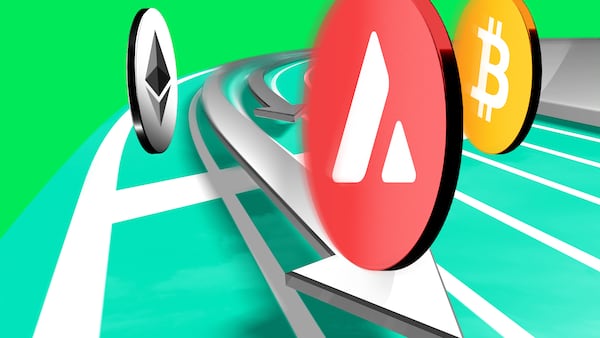- Avalanche’s latest chain upgrade is called Granite.
- The upgrade includes three updates to the blockchain.
- Granite aims to make transactions on Avalanche faster and cheaper.
Avalanche will flip the switch on Granite this week, an upgrade designed to speed up transactions on the $6.7 billion blockchain.
The upgrade aims to improve how the blockchain operates under varying transaction loads, enabling the time required to finalise transactions to be adjusted based on onchain traffic.
Olivia Vande Woude, an Ava Labs executive, said the upgrade could “reduce settlement time to under two seconds,” in an October blog post.
Ava Labs is the developer behind the Avalanche blockchain.
Woude said such lightning-quick speed would make Avalanche a more efficient blockchain for institutional use cases where real-time onchain finality is essential.
Bruised economy
It’s a key moment for the six-year-old blockchain.
As the code gets sharper, Avalanche is entering this new upgrade with a bruised onchain economy.
Avalanche has shed $1.4 billion in investor deposits in the last six weeks, DefiLlama data shows, and its onchain economy now sits nearly 90% below its 2022 peak of $17.8 billion.
On Wednesday, the Granite upgrade will activate on Avalanche, introducing three updates to the blockchain designed to enhance its speed and security.
One upgrade addresses how quickly the blockchain can adjust the time required to process transactions. Currently, such a change can occur only during chain upgrades, which means Avalanche is constrained to a maximum performance threshold.
With Granite, Avalanche will achieve dynamic transaction processing speeds that vary in response to user traffic.
The other two upgrades focus on cutting costs for crosschain transactions across blockchains built on Avalanche and introducing biometric data signing on Avalanche.
The latter feature is expected to introduce fingerprint, facial, and other biometric identity verification to Avalanche. This will enable users, especially those using mobile devices, to initiate transactions on the blockchain using biometric data.
Osato Avan-Nomayo is our Nigeria-based DeFi correspondent. He covers DeFi and tech. Got a tip? Please contact him at osato@dlnews.com.









